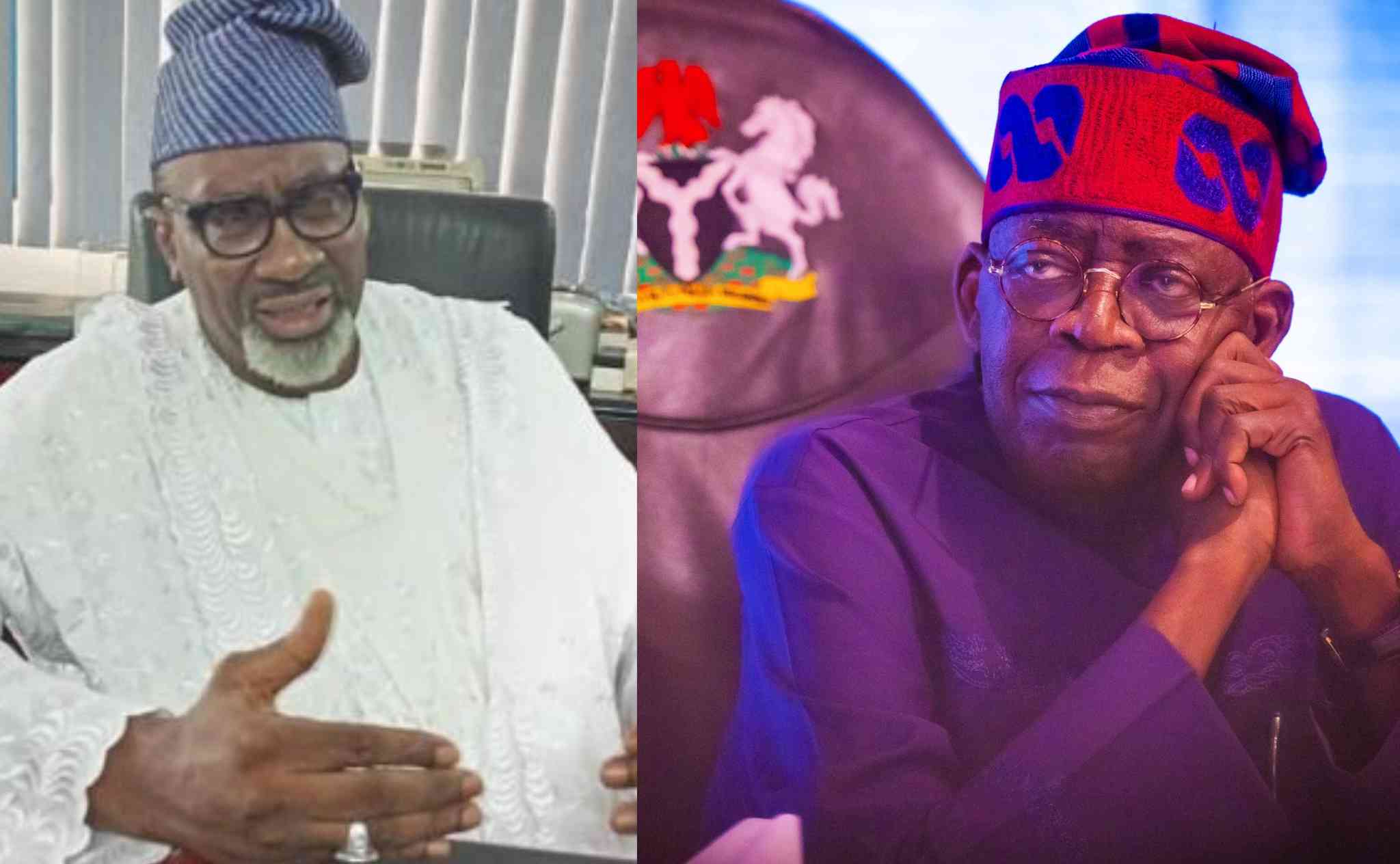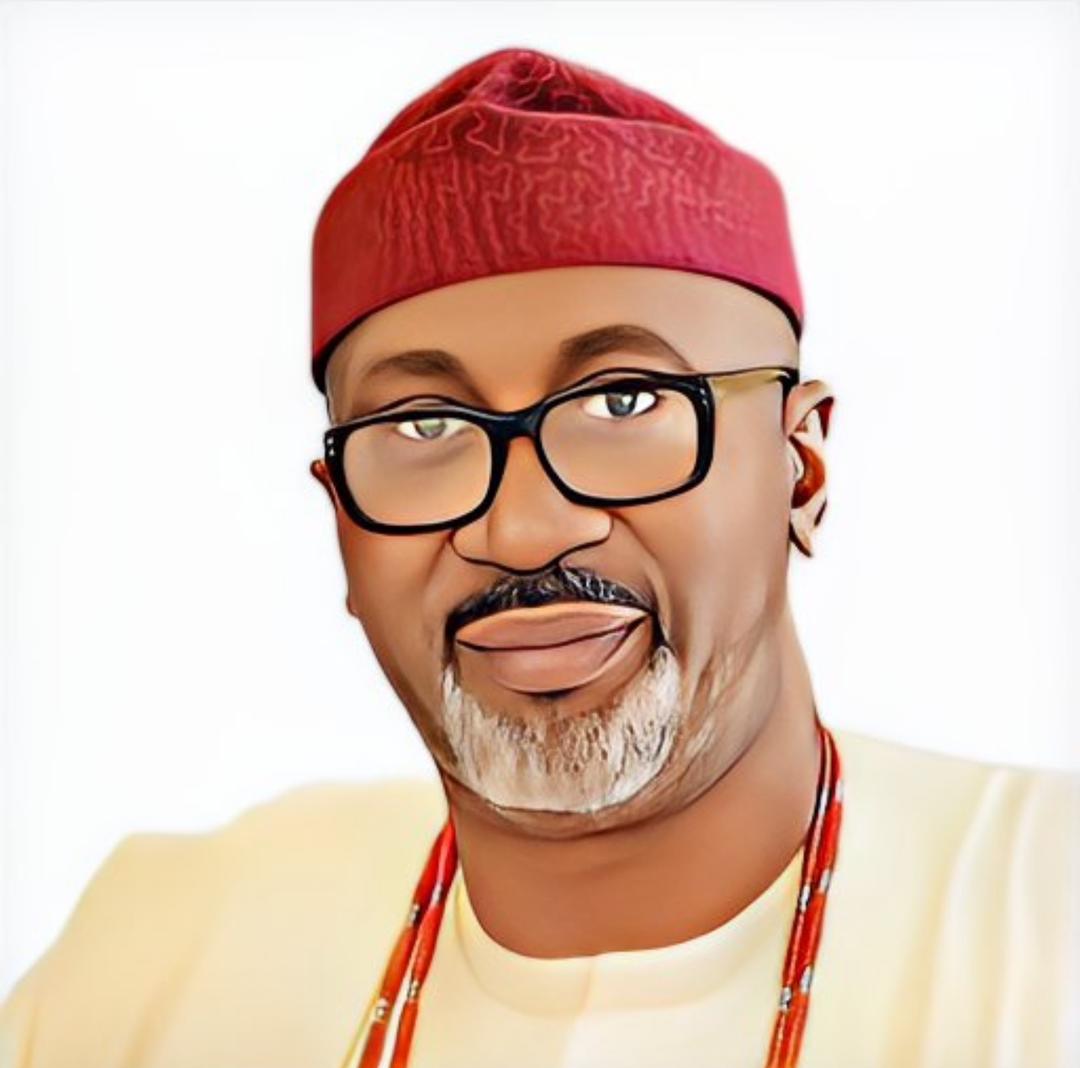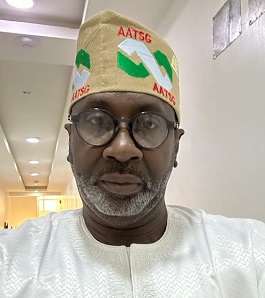Tinubu takes the Nation to intensive care Unit for proper resuscitation – Abayomi Odunowo.
It is often said that the most cunning trick the devil ever pulled was convincing the world he didn’t exist. In a similar vein, one of the most intriguing tactics employed by politicians is the classic buck passing maneuver – the age-old game of “It wasn’t me.” This age-old tactic has been utilized by leaders throughout history, but one of the most notable modern examples can be found in the Nigerian political landscape.
During his tenure as President, Muhammadu Buhari has managed to subtly shift the blame for Nigeria’s economic woes onto his predecessors. In reality, however, it is widely recognized that Buhari’s policies and actions have contributed significantly to the erosion of the country’s economy. His decisions regarding currency exchange, import restrictions, and agricultural policies have all had a detrimental impact on Nigeria’s economic health.
What makes this situation particularly interesting is the covert nature in which Buhari has managed to carry out his agenda. While his predecessors may have been more overt in their economic mismanagement, Buhari’s approach has been more insidious, requiring a keen eye for observation to fully comprehend the extent of the damage.
It is clear that the “It wasn’t me” tactic is a well-worn tool in the political arsenal. Buhari’s adept utilization of this strategy, combined with his covert economic mismanagement, has created a situation that is not only concerning but also undeniably fascinating from an analytical standpoint.
The current economic situation in Nigeria is a concerning one, with the value of the Naira plummeting and citizens feeling the pinch of inflation and decreased purchasing power. However, it is important to acknowledge the role that previous leadership has played in contributing to the current state of the economy. The notion that the current administration is solely responsible for the economic woes is false and misleading.
During Buhari’s presidency, actions were taken that had long-lasting consequences on the country’s financial stability. Drawing down on reserves to artificially inflate the value of the Naira and printing money when oil sales were not at their peak are just a few examples of such actions. These decisions not only had immediate negative effects on the economy but also set the stage for long-term damage that is being felt today. The excuse of “it wasn’t me” simply does not hold water when the evidence clearly points to the detrimental impact of past decisions on the current economic status.
It is crucial for citizens to be aware of the true factors at play in the economic downturn and to hold accountable those who have contributed to the situation. Only politicians acknowledging the past mistakes and working towards responsible and sustainable economic policies can’t you make Nigeria hope to rebuild and stabilize its financial future. Blaming the current administration without taking into account the actions of previous leaders is not only unfair but also dangerous in perpetuating false narratives about the state of the economy.
The current situation in Nigeria where the tools to defend the Naira in the short term, such as FX reserves, have been stolen, has left many questioning why this has happened. The theft of these reserves has left individuals such as Tinubu unable to use them to defend the Naira, ultimately contributing to the instability of the country’s currency. The lack of FX reserves has resulted in a weakened ability to stabilize the value of the Naira, as well as the overall economic state of the country.
Additionally, the presence of Cabal Bandits imported by certain individuals has further exacerbated the situation. These bandits have been deliberately preventing farmers from growing food and have even gone as far as stealing their produced crops. Furthermore, they have been ambushing commuters on inter-state highways, disrupting the free flow of farm produce and kidnapping innocent individuals. As a result, this has created a heightened state of insecurity and fear within the country.
Ultimately, the combination of the stolen FX reserves and the disruption caused by the Cabal Bandits has led to a decrease in the country’s economic stability and overall security. This has left many wondering why such events have transpired, ultimately calling into question the motives and actions of those involved.
The Buhari administration has come under scrutiny for its handling of the economy, particularly in relation to food security and the free flow of the economy. Many have accused members of the Buhari crew of being awash with cash and using their financial resources to create food insecurity and disrupt the free flow of the economy.
One key figure who has been embroiled in this controversy is Tinubu, who finds himself in a challenging situation. While there are calls for him to take action and rectify the situation, it is not our place to dictate his course of action. As non-advisers and individuals not holding public office, we cannot tell him what to do.
It is important to acknowledge that Buhari shoulders much of the blame for this state of affairs. However, it is commendable that Tinubu has not resorted to extreme measures such as printing more Naira in a bid to address the economic challenges. Engaging in such actions would only serve to exacerbate the existing problems and would not provide a sustainable solution.
It is imperative for those in positions of power to exercise prudence and caution when addressing economic challenges. The welfare of the citizens and the stability of the economy should be paramount, and all efforts should be directed towards achieving sustainable and long-term solutions.
It is not entirely unjustified to blame Tinubu for not approaching the current situation in Nigeria with the mindset of a war, as it is indeed a dire and critical circumstance that requires a certain level of urgency and decisiveness. Instead, he appears to have treated the situation as though he has won a lottery, through his bloated cabinet of individuals with issues with the law.
In a country ravaged by economic instability, political corruption, and social unrest, approaching the situation with anything less than a sense of urgency and resolve can be seen as a grave oversight. The current state of the nation can only be described as a war, as the population suffers from the consequences of poor governance, insecurity, and widespread poverty.
Furthermore, Buhari has been criticized for his leadership, with some even going as far as to suggest that he has attempted to murder Nigeria through his actions or lack thereof. It is essential for key political figures such as Tinubu to acknowledge the severity of the situation and take appropriate action; anything less could be seen as a disservice to the nation and its people.
It is imperative for leaders like Tinubu to recognize the gravity of the situation in Nigeria and approach it with the seriousness and urgency it requires. Any hesitation or lack of action could further exacerbate the already dire circumstances facing the nation.
As Nigeria prepares for the 2023 presidential elections, one of the big questions on the minds of its citizens is whether Bola Ahmed Tinubu, a prominent political figure and former governor of Lagos State, will be able to lead the country into a new era of progress and prosperity, or if he will struggle to meet the challenges and eventually fail.
Tinubu has been a major player in Nigerian politics for several decades and has built a strong support base in the southwestern region of the country. His political acumen and experience make him a formidable contender for the presidency. However, the state of Nigeria’s economy, security, and infrastructure poses immense challenges that will require a leader with a clear vision and decisive action.
On one hand, Tinubu has the potential to lead Nigeria into intensive care and initiate meaningful reforms. His tenure as governor of Lagos State demonstrated his ability to implement policies that promoted economic growth and development. Furthermore, his leadership skills and strategic alliances within the political landscape may enable him to drive significant change on a national level.
On the other hand, Tinubu could also be overwhelmed by the enormity of the task at hand, and fail to deliver on his promises to the Nigerian people. The intricate web of corruption, poverty, and ethnic tensions could prove to be insurmountable hurdles for the potential presidential candidate.
Ultimately, the outcome of Tinubu’s leadership will depend on his ability to navigate the complexities of Nigerian politics and society. Will he be the savior who resuscitates the nation, or will he succumb to the challenges and assume the role of an undertaker? The answer to this question will shape the future of Nigeria and its people.
Otunba Abdulfalil Abayomi Odunowo
National Chairman AATSG
16th February, 2024.
Do you have any information or event for TribuneTimes to publish or cover? Kindly Call us on +2349053535322 or send us message on Whatsapp number +2349053535322 or send us an email here





